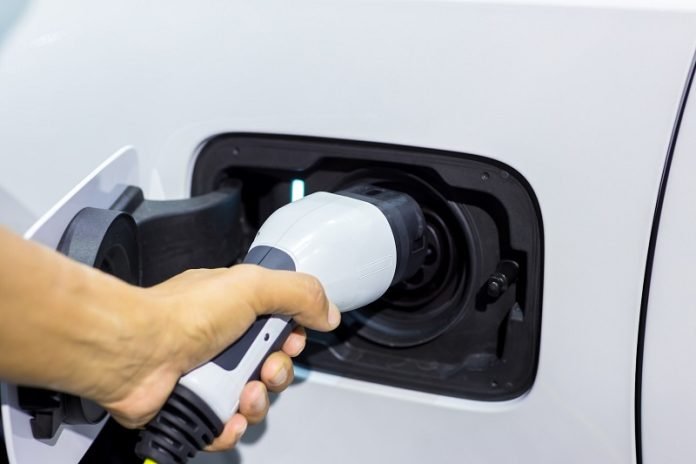
Daniel Rettenwander, a professor at NTNU’s Department of Materials Science and Engineering, and an international research team have published new insights into solid-state batteries in the journal Nature Communications.
They claim that solid-state batteries could provide a more energy-dense, safer, and faster charging alternative to today’s lithium-ion batteries commonly used in electric vehicles (EVs).
Lithium-Ion Batteries: Current Limitations
Lithium-ion batteries have propelled the rise of electric cars, offering a decent energy-to-weight ratio and the flexibility to charge at any time.
However, these batteries are reaching their limits in terms of energy density and safety due to their flammable nature.
Why Solid-State Batteries?
Solid-state batteries could be the next big thing for several reasons:
Higher Energy Density: These batteries can store more energy for their weight and volume, making them ideal for electric vehicles that need to maximize range.
Safety: Unlike lithium-ion batteries, which contain flammable liquid electrolytes, solid-state batteries use solid electrolytes, making them less prone to fires and capable of withstanding greater temperature fluctuations.
Faster Charging: The research team has been investigating how to increase the charging efficiency of these batteries, potentially reducing the time needed to charge EVs and electronic devices.
Ease of Recycling: The research could contribute to making solid-state batteries easier to recycle, another tick in the sustainability box.
Technical Challenges
While they offer numerous advantages, solid-state batteries do face hurdles:
Cost: Currently, these batteries are expensive to manufacture, limiting their use to small-scale applications like pacemakers.
Dendrite Formation: Lithium dendrites can form due to corrosion and mechanical stress, potentially short-circuiting the battery.
However, the researchers have gained new insights into how to prevent dendrite formation, which could improve safety.
Charge Transfer: Using solids rather than liquids to transfer electrical charges presents a technical challenge that needs to be overcome to realize the full potential of these batteries.
Future Outlook
Manufacturers are actively working on developing cars with solid-state batteries, with some expecting to bring these to market as early as 2024.
As production scales up, costs are expected to go down, making these batteries a likely candidate for powering the next generation of electric vehicles.
Key takeaways
Solid-state batteries hold the promise of overcoming the limitations of current lithium-ion batteries in electric vehicles.
With higher energy density, improved safety, and potentially quicker charging times, they could be the key to widespread adoption of electric cars.
But before that, researchers and manufacturers need to address the challenges associated with cost and charge transfer. The findings by Rettenwander and his team represent a significant step in this direction.
The study was published in Nature Communications.



